DHAKA, Apr 21 (V7N)- Amid a pause on US reciprocal tariffs, Bangladesh is set to raise the issues of trade barriers to its products to the US market and request for duty-free and preferential access in talks with the American authorities on the sidelines of World Bank-IMF spring meetings in Washington.
"Though more than 82% of the total tariff lines of the USA is 'zero tariff', it doesn't cover Bangladesh exports to the USA. In reality, Bangladesh's export to the US faces a weighted average tariff of 15.2%, which is among the highest," a commerce ministry brief, prepared for the meeting expected during 21-25 April meetings, points out. The average US tariff on knitwear items is 18.7% and the non-knitted item is 15.8%, it adds.
In contrast, the ministry says, "The US imports face very low tariffs in Bangladesh, in FY 2023-2024 import weighted average tariff on US imports was only 1.62%."
"This is a significant trade barrier imposed on Bangladeshi products," it says.
Bangladesh may also urge the US authorities to provide duty-free market access to RMG products made from US Cotton, it adds.
Though cotton import in Bangladesh is duty-free, US cotton faces 16% ad valorem tariff here. Bangladesh imported cotton worth $478 million from America in 2022, according to an Economic Relations Division (ERD)'s brief on bilateral trade.
Earlier, Bangladesh decided to allow bonded warehouse facilities to ease US cotton imports.
The decision was taken weeks before US president Donald Trump on 2 April announced a 37% tariff on imports from Bangladesh as part of his "reciprocal tariffs" on the whole world.
To a great relief for the world, Trump however paused the hefty tariffs just a week after he had imposed them on dozens of countries. Yet, a 10% baseline tariff remains in place, which will add to existing tariffs that apply to Bangladesh's goods in the American market.
Before the 90-day freeze was announced on 9 April, Bangladesh offered to remove trade barriers to facilitate more imports from the USA to help the world's number one economy reduce trade gap. Bangladesh enjoys trade surplus with the US with exports to US totalling $7.6 billion against imports worth $2.5 billion in FY24.
Readymade garments shared 87% in export earnings, making Bangladesh third largest apparel source after China and Vietnam.
Earlier, Bangladesh authorities, as part of their plan to renegotiate tariff structures with their American counterparts, identified 30 American products facing higher duty in Bangladesh.
In his letter addressed to US President Trump on the same day, Chief Adviser Prof Muhammad Yunus reaffirmed Bangladesh's commitment to offer zero tariff on American agricultural products and scrap metals. "We are working on a 50% reduction on tariff on top US exports items such as gas turbines, semiconductors and medical equipment," the chief adviser wrote, explaining his government's initiative to ease bilateral trade.
Against this backdrop, Bangladesh will use the WB-IMF meetings as a platform to negotiate further to gain a bigger access to the US market.
Finance Adviser Salehuddin Ahmed will lead the Bangladesh team which will include Bangladesh Bank Governor Ahsan H Mansur and senior trade and economic bureaucrats.
Challenges in US market
Bangladesh's officials have listed major challenges being faced by exporters to the USA, which suspended generalised systems of preference (GSP) for Bangladesh in 2013 and applies 16.9% MFN duty on imports from Bangladesh, making it hard for an LDC.
The suspension remains in place despite Bangladesh's initiatives along with Accord and Alliance to improve the compliance of the RMG factories which has already been recognized by ILO.
Bangladesh is the home of 192 LEED Green garment factories certified by the US Green Building Council and 9 out of the world's top 10 green factories are in Bangladesh, says the commerce ministry brief. Compliance issues like minimum wages, workstation safety, labor rights, health safety, green and energy efficient production have increased the cost of production. "However, this was not reflected in the price offered by the US buyers," it points out.
Bangladesh's exports to the USA declined by 17.68% in January-March this year, while China and Vietnam registered growth there. Bangladesh may start negotiating with the USTR to sort out the issues and seek American investment to enhance supply-side capacity, upgrade technologies and improve efficiency of mid-level managers, the official brief says.
The USA being the most knowledge based economy, can facilitate technology transfer in Bangladesh by encouraging investment in high-tech industries and high-value addition sectors, like IT, IT enabled services, reads the paper.
Besides, Bangladesh may propose mutual recognition of standardization and testing, technical support on artificial intelligence and may urge the USA to revisit their preferential scheme and include sectors and modes, particularly human resource-based sectors, like nurses, and midwives under Mode-4, according to official documents.
The ERD brief mentioned US development assistance in democracy and governance, food security, health, education and climate change.
For the 2021-26 period, the USAID was committed to contribute $954 million to Bangladesh, including $174 million for good governance, according to the brief.
END/MSS/RH/



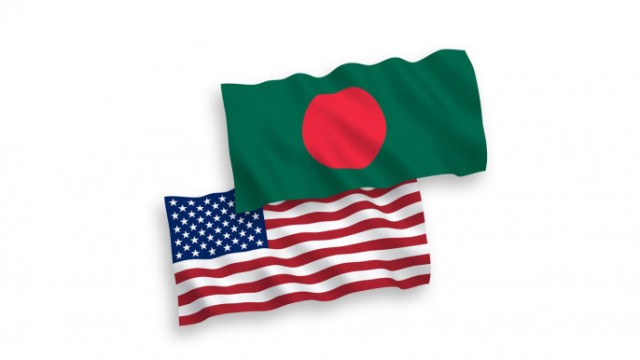
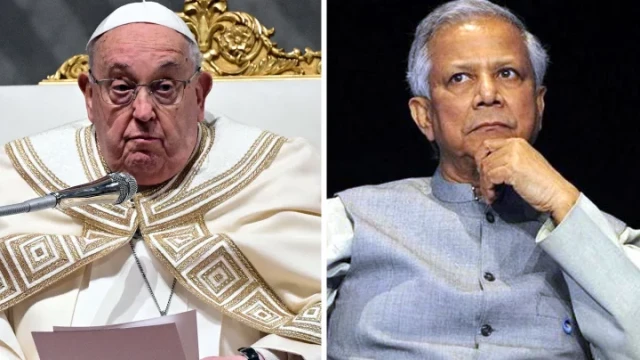
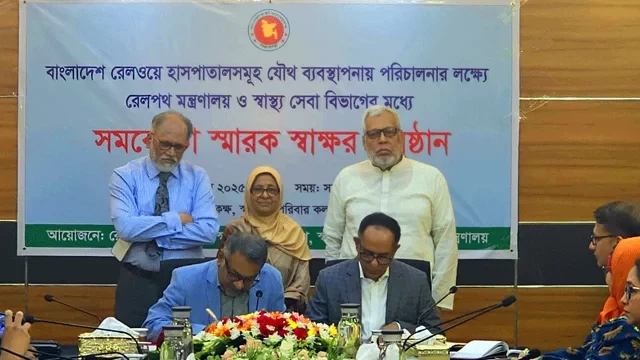
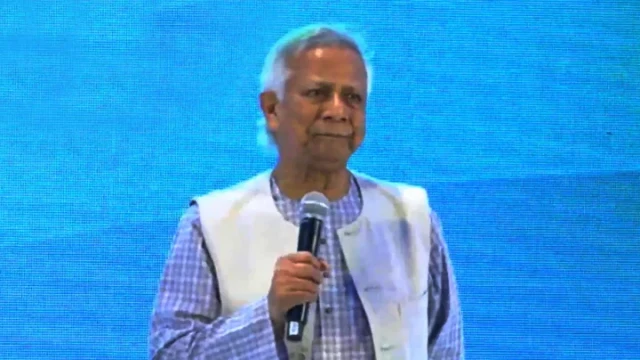
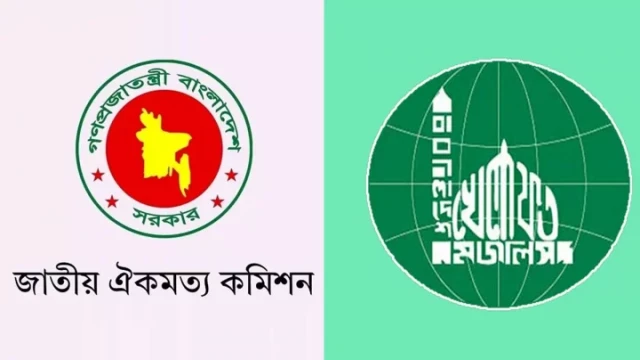
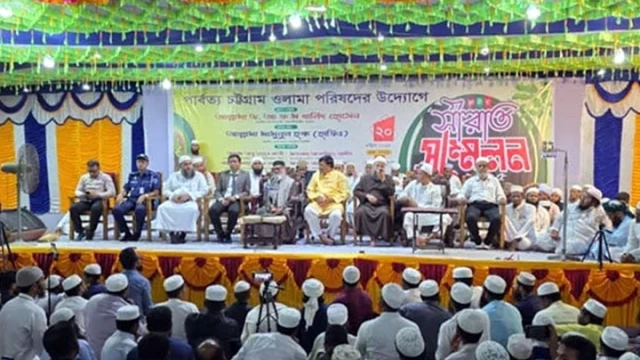
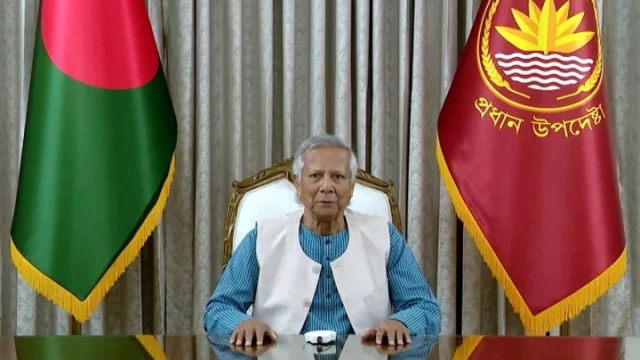
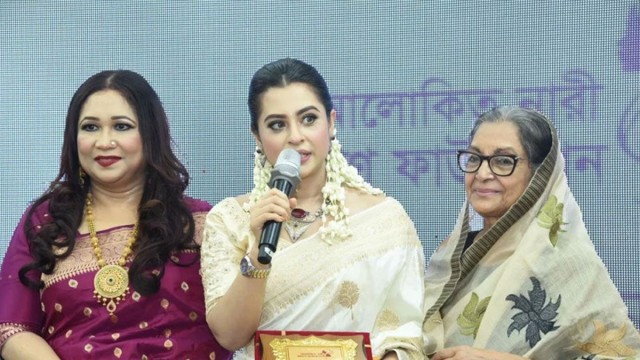
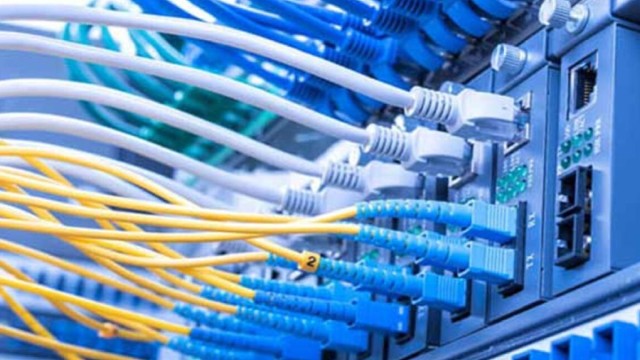
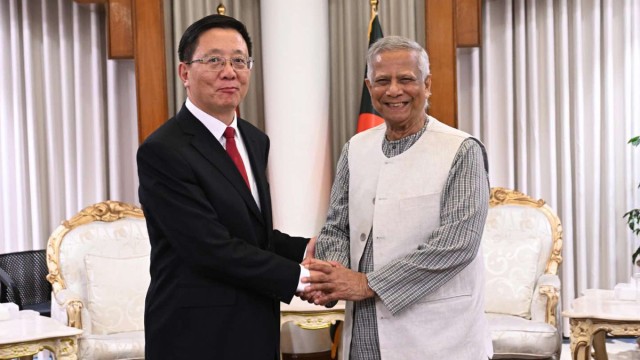

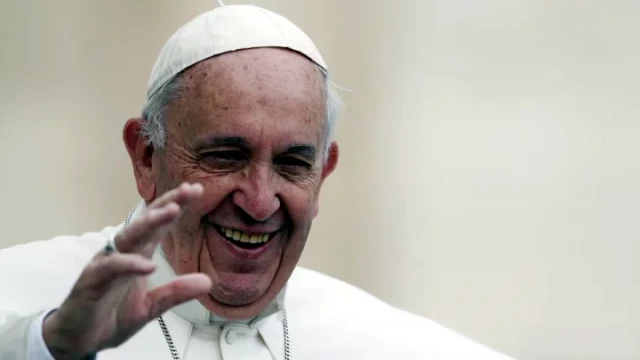
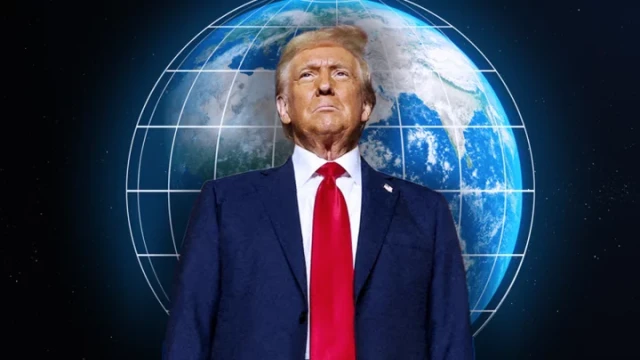
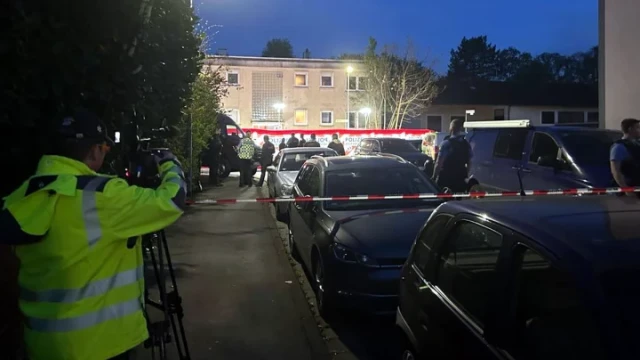

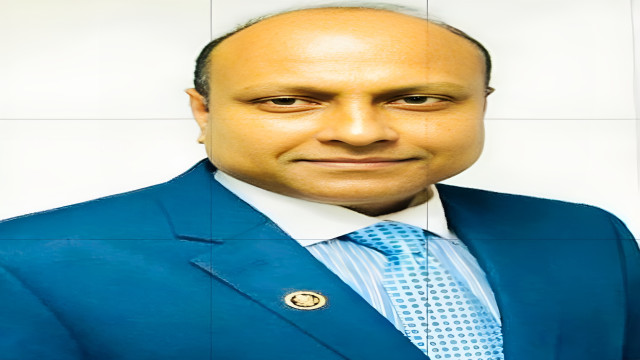
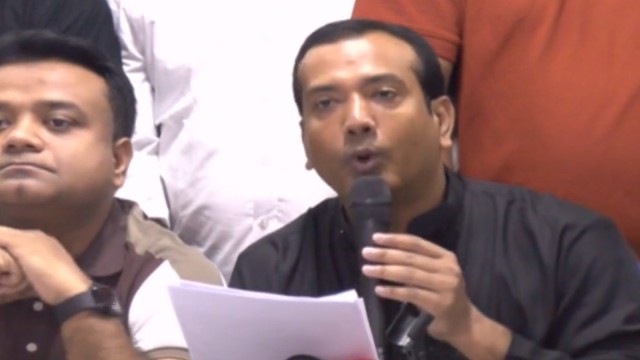

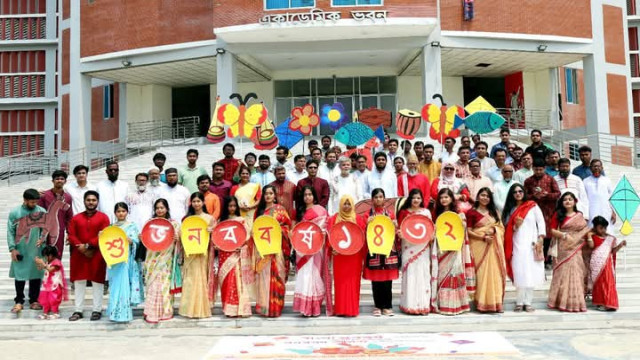
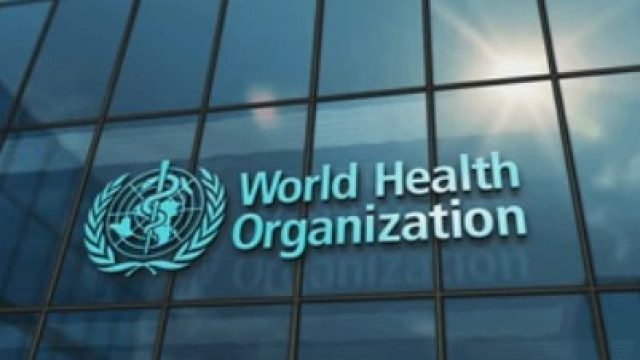



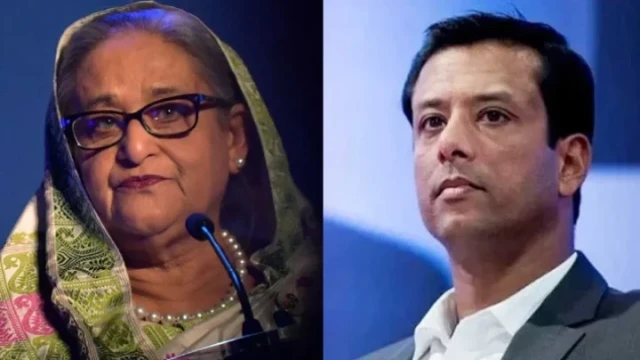
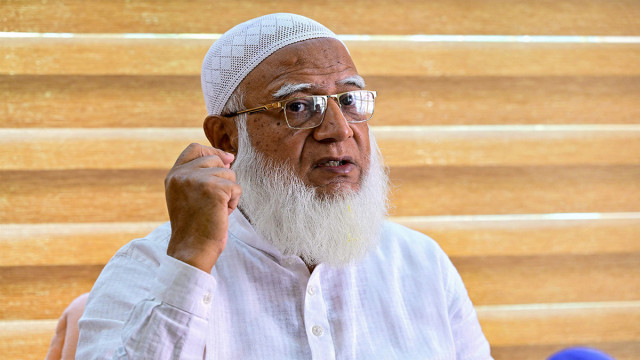
Comment: